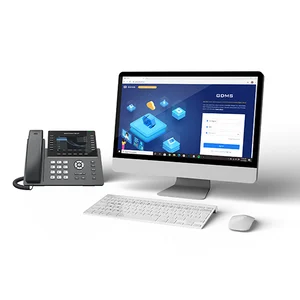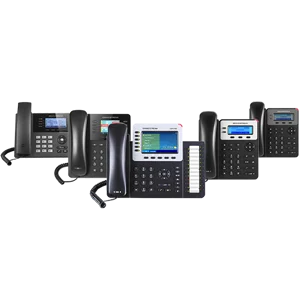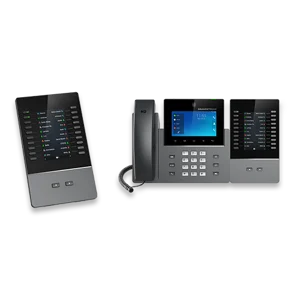
Cost Savings:
VoIP systems often have lower costs compared to traditional phone lines. They typically offer cheaper international and long-distance calls and can reduce the need for separate phone lines and hardware.

Scalability:
VoIP systems are highly scalable. As a business grows, adding new lines or users can be done easily and often without the need for significant new infrastructure.

Flexibility and Mobility:
VoIP systems allow employees to make and receive calls from anywhere with an internet connection. This is particularly useful for remote workers, traveling employees, or businesses with multiple locations.

Advanced Features:
Many VoIP systems come with a range of advanced features such as call forwarding, voicemail-to-email, automated attendants, video conferencing, and integration with other business applications like CRM systems.

Unified Communications:
VoIP can integrate with other forms of communication, such as email, instant messaging, and video conferencing, creating a unified communication platform that enhances collaboration and productivity.

Improved Call Quality:
With the right network setup, VoIP can offer high-quality audio and video calls. Many modern VoIP systems use advanced codecs and technologies to ensure clear communication.

Disaster Recovery:
VoIP systems can be more resilient to local disruptions. If a business location experiences issues, calls can often be rerouted to another location or employee’s mobile device, ensuring continuity.

Analytics and Reporting:
VoIP systems can provide detailed call analytics and reporting, helping businesses track call volumes, performance metrics, and other key indicators that can inform operational improvements.






